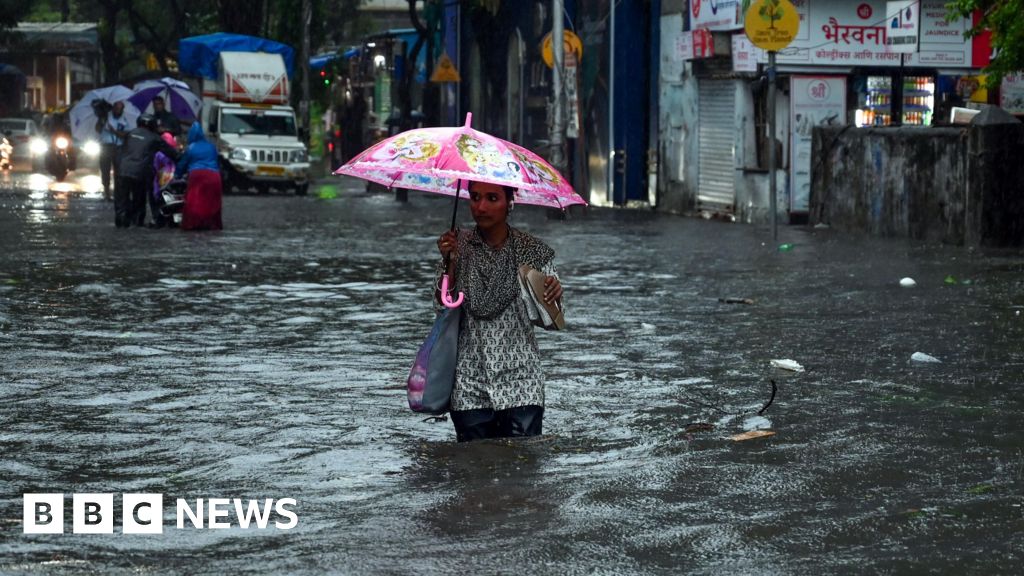Published On 14 Apr 2025
Peru has declared a national day of mourning with flags flying at half-mast on government premises in memory of writer and Nobel laureate Mario Vargas Llosa.
Vargas Llosa died at the age of 89 on Sunday in the Peruvian capital, Lima, surrounded by his family. His body will be cremated and “no public ceremony will take place”, in accordance with his wishes and instructions, his family said.
“His departure will sadden his relatives, his friends and his readers around the world, but we hope that they will find comfort, as we do, in the fact that he enjoyed a long, adventurous and fruitful life, and leaves behind him a body of work that will outlive him,” his eldest son Alvaro wrote in a message on X, also signed by his siblings Gonzalo and Morgana Vargas Llosa, on Sunday.
It is with deep sorrow that we announce that our father, Mario Vargas LLosa, passed away peacefully in Lima today, surrounded by his family.@morganavll pic.twitter.com/c6HgEfyaIe
— Álvaro Vargas Llosa (@AlvaroVargasLl) April 14, 2025
Vargas Llosa was a leading light in the 20th-century Latin American literature boom, which also included Colombian Gabriel Garcia Marquez, and won the Nobel Prize for literature in 2010 for works like Aunt Julia and the Scriptwriter, Death in the Andes, and The War of the End of the World.
Born to middle-class parents in Arequipa, Peru, on March 28, 1936, Vargas Llosa frequently drew from personal experience and his family, at times inserting characters based on his own life into his tales.
His acclaimed debut novel, The Time of the Hero (1963), was loosely based on his teenage life as a cadet at a military academy in Lima, while his 1993 memoir, A Fish in the Water, focused on his 1990 presidential run.
Other works expressed deep concern for his country. The Storyteller (1987) deals with the clash of Indigenous and European cultures in Peru, while Death in the Andes (1993) recounts the haunting and bloody years of the Shining Path hardline movement.
“An author’s work is fed by his own experience and, over the years, becomes richer,” Vargas Llosa told the Reuters news agency in an interview in Madrid in 2001.
The Nobel Committee said in 2010 it was awarding him “for his cartography of structures of power and his trenchant images of the individual’s resistance, revolt, and defeat”.
Paying tribute to his colleague, fellow Peruvian writer Alfredo Bryce Echenique hailed Vargas Llosa’s “enormity”. He told Peruvian radio RPP his friend’s death was “a sorrow for Peru”.
In a post on X, Peru’s President Dina Boluarte called him the “most illustrious Peruvian of all time”.
“His intellectual genius and vast body of work will remain an everlasting legacy for future generations,” she added.
Vargas Llosa’s works were also translated into some 30 languages.
US Deputy State Secretary State Christopher Landau said, “To label him as just Peruvian would be a disservice because his themes and interests were timeless and universal.”
“He will live on in my bookshelves and many others in Latin America and around the world,” Landau wrote on X.
Political forays and denouncing Castro
Besides authoring books, Vargas Llosa was also outspoken on political issues.
Although an early supporter of the Cuban revolution led by Fidel Castro, he later grew disillusioned and denounced Castro’s Cuba. By 1980, he said he no longer believed in socialism as a solution for developing nations.
In 1990, Vargas Llosa ran for president of Peru, saying he wanted to save his country from economic chaos and a Marxist armed rebellion.
He, however, lost in the run-off to Alberto Fujimori, a then-unknown agronomist and university professor who defeated the armed rebels but was later jailed for human rights crimes and corruption.
Frustrated by his loss, the writer moved to Spain but remained influential in Latin America, harshly criticising a new wave of strident left-wing leaders led by then-Venezuelan President Hugo Chavez.
“In reality, I never had a political career,” Vargas Llosa once said.
“I took part in politics under very special circumstances … and I always said that whether I won or lost the elections, I was going back to my literary, intellectual job, not politics.”

 1 month ago
14
1 month ago
14









 English (US) ·
English (US) ·